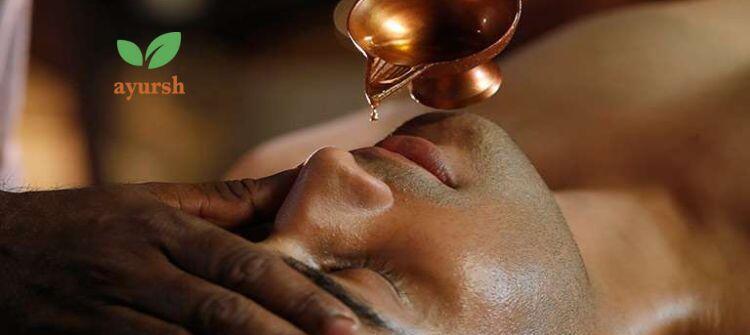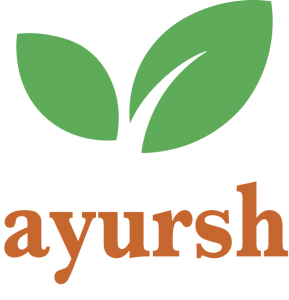Nasya Panchakarma Therapy (Instillation of medicated oil or decoction or powder into the nostrils) is one of the daily routines and also one of the Panchakarma (detox procedures) in Ayurveda. But before you search for an Ayurveda clinic near me to get the treatment, here are a few things that you should know.
Why is it Included in the Daily Routine?
The nose is one of the organs, which has two holes, which help to breathe, the mucus inside helps to prevent dust entry to the brain or other internal organs. When we breathe fresh air, a few dust particles stick to the mucus of the nasal passage. When the hand or leg is dirty, we wash it with water. But it is difficult to wash the inside right. When we put medicated oil in the nostrils, the expectorant quality of herbs carries dust particles and mucus to the throat and throws it out in the form of a cough. In this era, due to heavy pollution, dust particles, vehicle engine, etc it is very important to clean the nasal passage. Therefore, the classics say to adopt Nasya Ayurvedic massage in daily routine.
Nasya as a Detox Procedure –
Nasya means the installation of medicated oil or an herbal decoction or dry herbal powder or smoke into the nostrils. Depending on the condition different forms of nasya will be practised. Usually, for health problems above the neck region, nasya is to be done. For example – migraine, sinusitis, premature greying of hairs, hair fall, headache, frozen shoulder, neck pain, stroke, insomnia, tension, anxiety, stress, nasal polyp, deviated nasal septum (DNS) respiratory problems especially conditions related to Vata and Kapha dosha, etc.
How to do this?
Nasya with Medicated oil –
Based on the Doctor’s advice, our trained therapist will come home. Firstly, a gentle face massage with medicated oil for 10 to 15 minutes, then facial steam. Once the steam is done properly, medicated oil will be instilled into the nostrils either by comfortable sitting or sleeping posture. Once the oil enters the nasal passage, a person should slowly inhale, once the oil reaches the throat, a person should spit the cough. In a very beautiful way one can experience the whole procedure. It is a very simple but very effective detox procedure. Once the cough is removed, the therapist will give the smoke, which is prepared with medicated herbs like turmeric etc. which helps to remove the extra cough from the nose or the throat.
Not only diseased, healthy people also can undergo this treatment. This procedure helps to cleanse nasal passage, throat, respiratory organs and facial orifices. The cleansing of the respiratory tract is very much essential, due to heavy air pollution which we are having now. Nasya panchakarma therapy is one of the effective and safe procedures to get a healthy respiratory tract.
Nasya Panchakarma Therapy with Medicated Decoction –
Based on the Doctor’s advice, our trained therapist will do the procedure at home itself. Instead of oil, medicated decoction will be used. The effect is comparatively stronger than oil usage.
Nasya with Smoke –
If the person is addicted to smoking, this Nasya would help him. Because in this procedure, Dhoomravarti (Smoke stick) prepared with haridra (turmeric) is used. The trained therapist will make the person inhale the smoke through the nose, then it should be exhaled from the mouth. This smoke helps the person to get a healthy lung and respiratory passage.
Duration – 7 days or 14 days based on the condition, For 45 minutes.
Timings – Morning around 7 to 8AM or Evening around 5 to 6PM
Contraindications – Children below 7 years, Aged above 80 years, Pregnant, Menstruating women, severe cold, fever, indigestion, etc.
During the rainy season, cloudy days it is not good to have Nasya treatment.
Do’s and Dont’s During the Procedure –
Before you get this particular type of Ayurvedic massage near me, keep the following things in mind.
Do’s –
1. Keep yourself warm.
2. Cover ears with cotton.
3. Drink hot water
4. Eat hot/warm food.
5. Use hot water for bathing purposes.
Don’t’s –
1. Head bath during the procedure.
2. Exposing to direct AC or fan.
3. Refrigerated food items, frozen food items.
4. Curd
5. Drinking cold water.
6. Alcohol and cigarettes.
7. Night awakening
8. Day sleep



